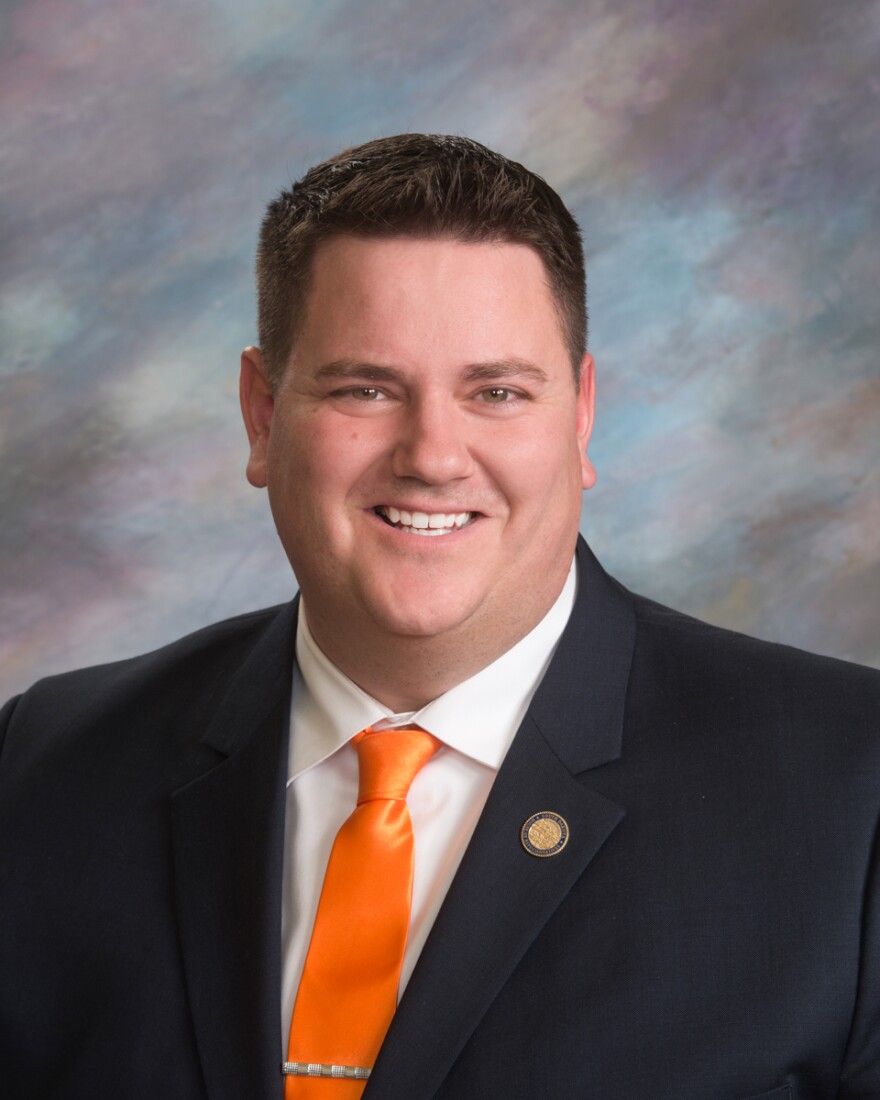A bill adjusting reorganization requirements for low-enrolled school districts is moving to the senate floor. Despite the do-pass motion, some lawmakers expressed hesitancy in adopting the new measure in state statute.
House bill 1215 allows a non-sparse school with fewer than 100 enrolled students to be exempt from consolidation under two conditions: the school must be the only remaining attendance center in its county, and the next nearest attendance center must be at least twenty miles away. Under this bill, the school does not receive state aid under sparsity statutes but still receives the typical funding per student.
Representative Spencer Gosch sponsors the bill, which allows the small Harreid school district he represents to stay open. The school’s enrollment currently sits at 109 students. He says this legislation would not add a burden to the rest of the state.
“Especially in rural communities, rural districts like mine: the way of the school goes the way of the community. What this bill would do, is it would allow local control, local decision, and local money to keep their school open if they were to fall below the 100.”
There is no opposing testimony, and the bill unanimously passed the House of Representatives. But some members of the senate education committee express a reluctance to pass the bill. Senator Jim Bolin disagrees with what he sees as the underlying notion of the bill—that every county should have a school attendance center.
Senator Deb Soholt says the trend of shrinking populations means districts need to look at their consolidation plans. She says it’s not taxpayers’ responsibility to uphold inefficiencies.
“If you want this to exist for your community, you have to get fierce and creative about how to get costs down. It’s not the state responsibility—and I know that’s rough. The middle of South Dakota is emptying out. But it’s a demographic reality.”
But not everyone agrees. Senator Jeff Monroe sees the bill as a step to keep people where they want to live instead of forcing migration to bigger cities.
The bill ultimately goes to the senate floor with a do-pass recommendation on a six to one vote.

